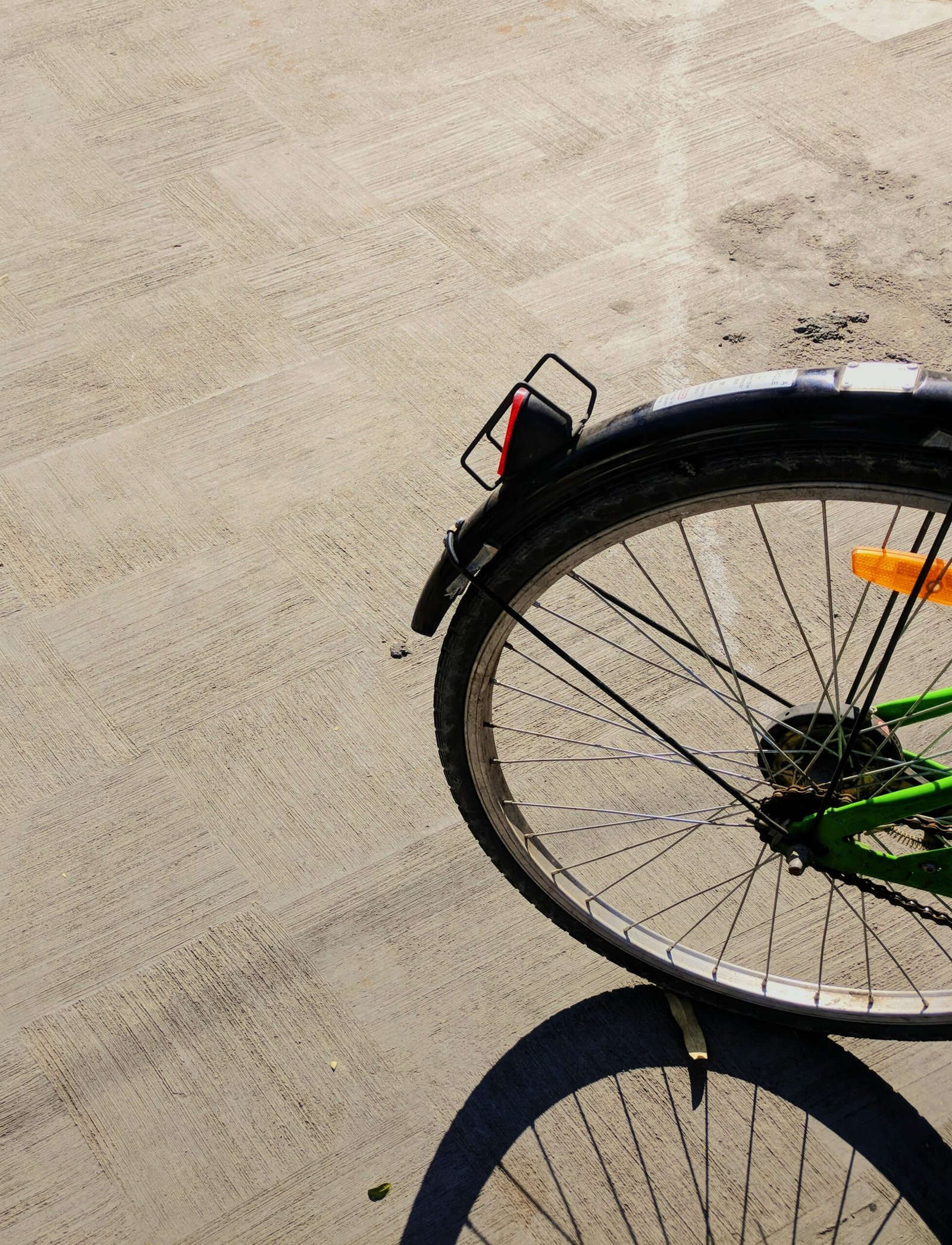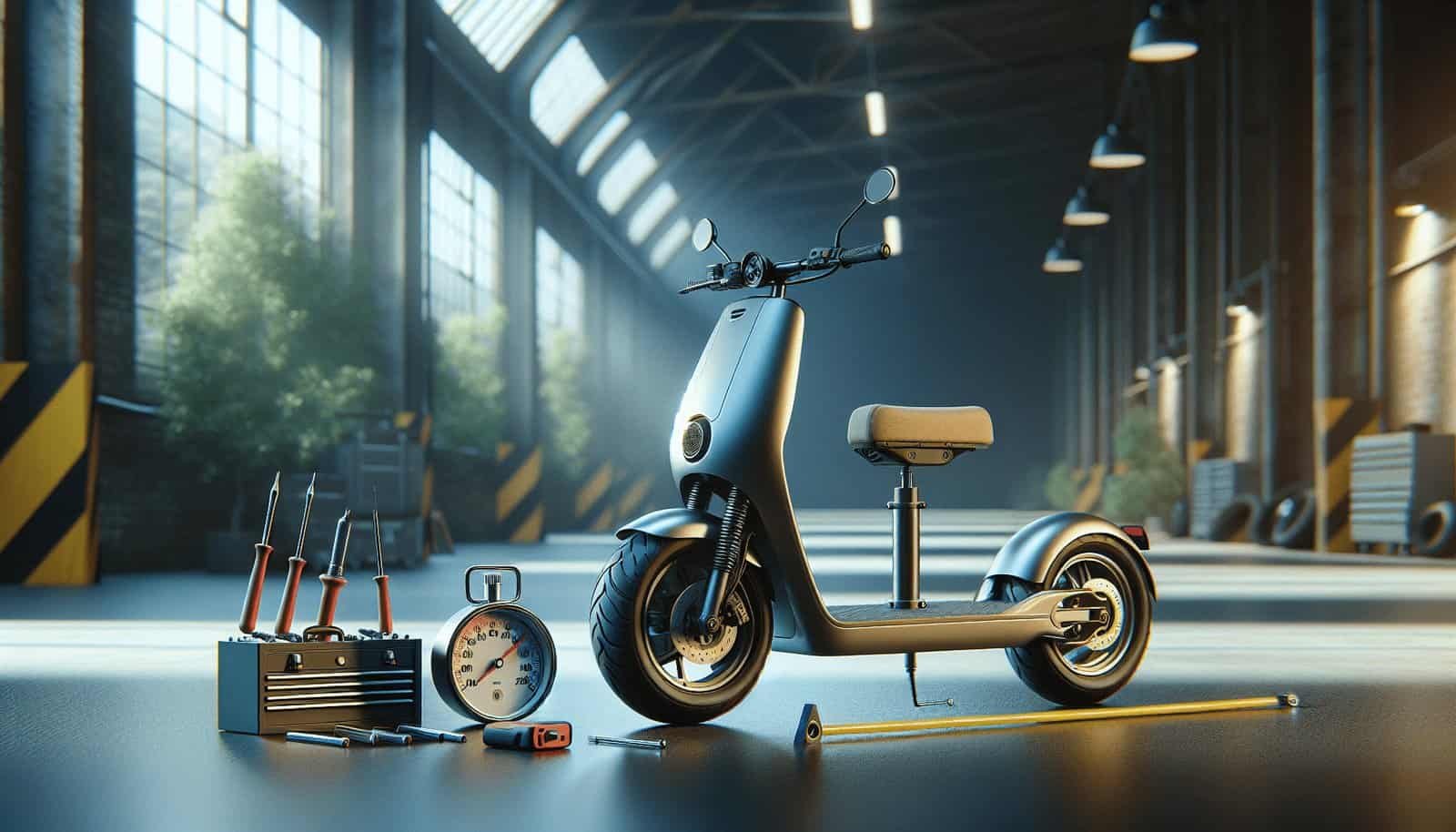Have you noticed your electric scooter pulling to one side or experiencing uneven tire wear? These could be signs that your scooter’s wheels may be out of alignment. Proper wheel alignment is not only crucial for a smooth ride but also ensures your safety and helps maintain your scooter in prime condition. Let’s walk through the process of checking and adjusting the alignment of the wheels on your electric scooter, step-by-step.
Understanding Wheel Alignment
What is Wheel Alignment?
Wheel alignment involves adjusting the angles of the wheels so they align with each other and the road. Proper alignment ensures that your scooter moves straight and evenly balances the load across both wheels. Misalignment can cause your scooter to drift, vibrate, or wear out tires unevenly.
Why is It Important?
Incorrect wheel alignment can compromise your scooter’s performance and safety. It can lead to:
- Premature tire wear
- Reduced battery efficiency
- Poor handling and control
Addressing alignment issues promptly helps prolong the life of your scooter and enhances your riding experience.
Tools and Materials You’ll Need
Before diving into the alignment process, gather the necessary tools and materials to ensure you have everything at your disposal. Here’s a useful list:
| Tools and Materials | Description |
|---|---|
| Adjustable Wrenches | For loosening and tightening nuts and bolts |
| Screwdrivers | Flathead and Phillips for various adjustments |
| Torque Wrench | Ensures precise tightening of bolts/nuts |
| Measuring Tape or Ruler | Measures alignment and distances |
| Straight Edge or Level | Checks for evenness |
| Pen and Notepad | Records measurements for accuracy |
| User Manual | Provides specifications for your scooter model |

Checking the Wheel Alignment
Initial Inspection
Begin with a visual inspection of your scooter. Look for obvious signs of misalignment such as uneven tire wear, bent parts, or shaking movements during a ride.
Measure the Distance Between Wheels
The next step is to check if the front and rear wheels are aligned parallel to each other. Here’s how:
- Position the Scooter: Place your scooter on a flat, even surface.
- Measure Front and Rear Axles: Using a measuring tape, measure the distance between the front and rear axles on both sides of the scooter.
Write down the measurements in a notepad. Ideally, the distances on both sides should be equal or very close in range.
Check the Camber Angle
The camber angle is the tilt of your scooter’s wheels from a straight vertical line when viewed from the front or rear. To check the camber angle:
- Use a Straight Edge: Place a straight edge vertically beside the wheel.
- Measure the Gap: Measure the distance between the wheel’s edge and the straight edge at the top and bottom of the wheel.
A significant difference between the top and bottom measurements indicates a camber misalignment.
Check the Toe Angle
The toe angle describes whether the wheels are turned inward (toe-in) or outward (toe-out) when viewed from above. To check the toe angle:
- Place the Straight Edge: Place the straight edge along the side of the front wheel.
- Measure the Front and Back: Measure the distance between the straight edge and the wheel surface at the front and rear of the wheel.
A difference between these two measurements signals a toe misalignment.
Adjusting Wheel Alignment
Aligning the Front Wheel
If you observe misalignment in the front wheel’s camber or toe angle, make adjustments as follows:
- Loosen Axle Nuts: Using the adjustable wrenches, slightly loosen the axle nuts.
- Adjust Camber: If the camber angle is off, adjust it by moving the top of the wheel either inward or outward, depending on the measurements.
- Adjust Toe Angle: Adjust the toe angle by moving the front of the wheel inward or outward until the front and rear measurements equalize.
- Tighten Axle Nuts: Once aligned, use a torque wrench to tighten the axle nuts according to the specifications in your scooter’s user manual.
Aligning the Rear Wheel
Rear wheel alignment follows a similar process:
- Loosen Axle Nuts: Slightly loosen the rear axle nuts.
- Check and Adjust Camber: Adjust the camber by aligning the top and bottom of the wheel using the straight edge.
- Check and Adjust Toe Angle: Adjust the rear wheel’s toe angle by making small movements and taking measurements until they are equal.
- Tighten the Axle Nuts: Tighten the nuts per the manufacturer’s recommendations using a torque wrench.
Recheck Alignment
After adjustments, re-measure the distances, camber, and toe angles to ensure alignment is correct. An important step to ensure everything remains properly positioned is:
- Double Check: Perform all initial checks again.
- Test Ride: Take your scooter for a test ride on a flat surface to verify the adjustments.

Maintenance Tips for Wheel Alignment
Regular Inspections
Schedule regular inspections of your scooter’s wheels to maintain proper alignment. This helps in catching misalignment issues early before they develop into bigger problems.
Keep Bolts Tightened
Loose bolts can contribute to misalignment. Regularly check the tightness of the axle nuts and other critical bolts and tighten them as necessary.
Balance the Weight
Uneven weight distribution can cause misalignment over time. Ensure your cargo or body weight is distributed evenly on the scooter to avoid putting excessive pressure on one side.
Troubleshooting Common Issues
Scooter Still Pulls to One Side
If your scooter continues to pull to one side after adjustments, consider:
- Rechecking your measurements and adjustments.
- Inspecting for bent or damaged components that may need replacement.
- Consulting the user manual or a professional technician for further assistance.
Uneven Tire Wear
Persistent uneven tire wear might indicate deeper issues such as:
- Misaligned frame or fork.
- Worn-out tires or suspension components.
Address these issues promptly to avoid further misalignment problems and maintain ride quality.

When to Seek Professional Help
While many alignment issues can be fixed at home, some situations might require professional intervention. Seek professional help if:
- You encounter difficulty maintaining proper alignment.
- There are signs of significant wear or damage to the frame or components.
- You are uncomfortable performing the adjustments yourself.
Qualified technicians have the tools and expertise to address complex alignment problems effectively.
Summary
Ensuring the wheels on your electric scooter are properly aligned is vital for a safe, smooth, and enjoyable ride. By regularly checking and adjusting the alignment, you help extend the life of your scooter and avoid unnecessary wear and tear. Follow the steps outlined in this guide to keep your scooter in top shape, and always refer to your user manual for specific guidelines related to your model. Remember, when in doubt, seeking professional assistance is always a good option to ensure your scooter remains a reliable mode of transportation.


